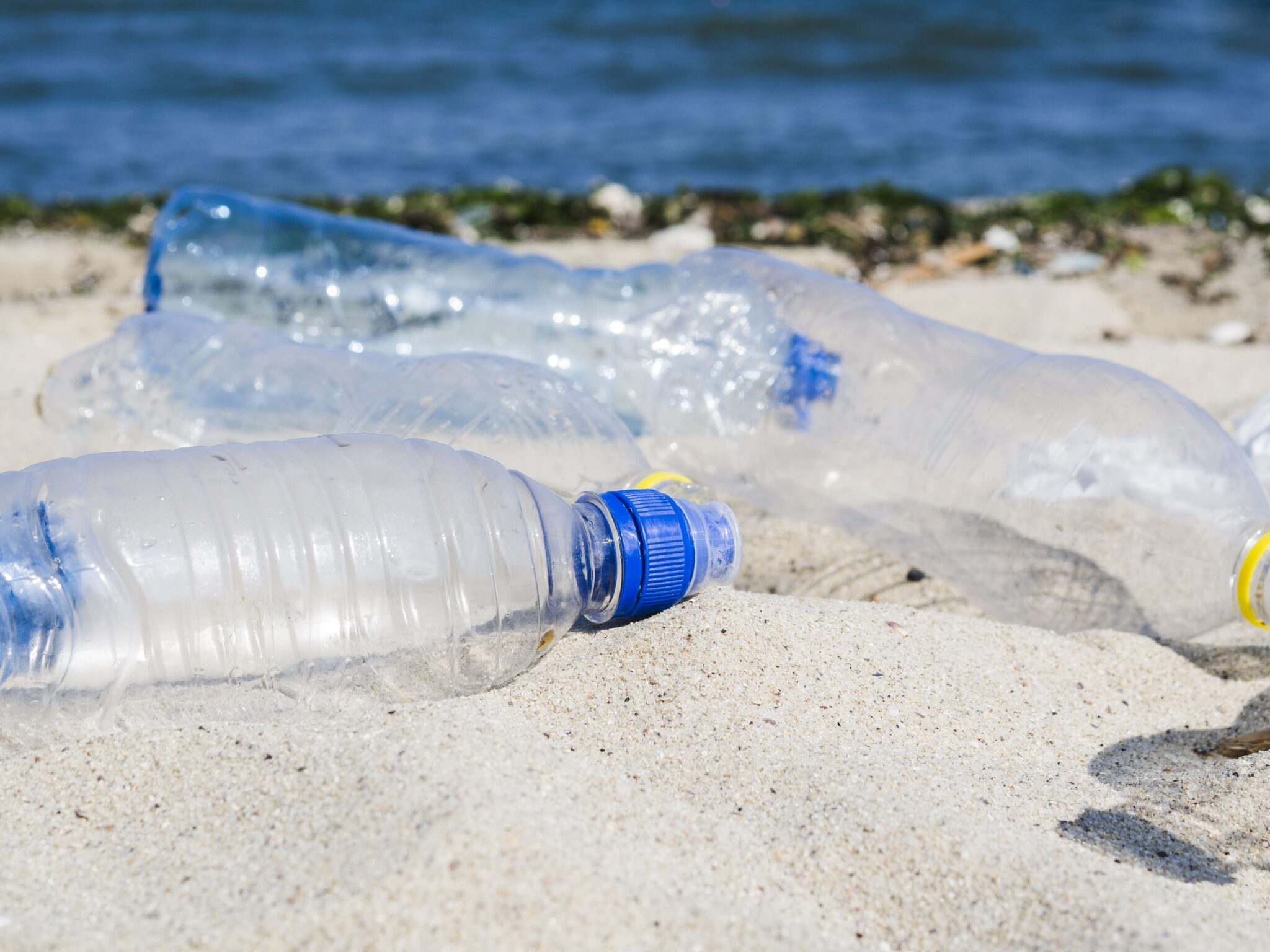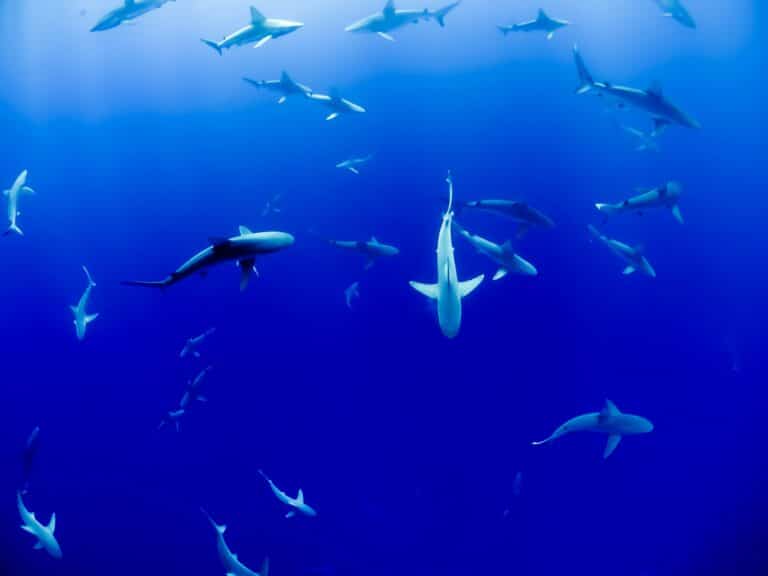By Courtney Cooper
Plastic Pollution in South Africa’s Oceans: What it Means for Sharks and the Oceans
South Africa’s oceans are some of the most biodiverse in the world, home to a wide array of marine life, including the iconic and endangered shark species that populate its coastal waters. However, the oceans face an escalating threat in the form of plastic pollution, which is wreaking havoc on marine ecosystems. As the pollution crisis deepens, the impact on sharks and the overall health of the oceans becomes increasingly concerning. In this article we look at plastic pollution in South Africa and how it affects sharks and the oceans.
We also discuss further shark facts that you might be interested in! Apex Shark Expeditions provides the best shark cage diving in Cape Town.
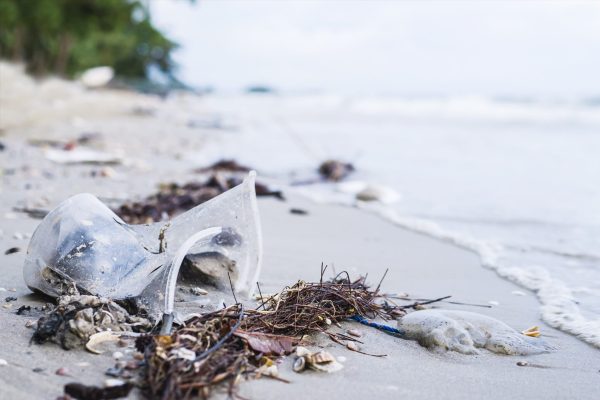
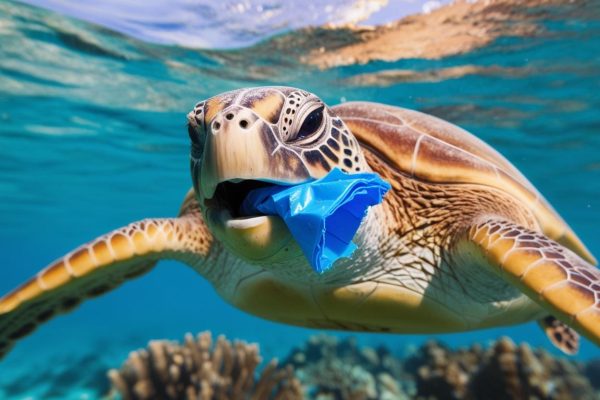
The Growing Problem of Ocean Pollution
Plastic pollution in the oceans is a global crisis, and South Africa is no exception. According to the World Economic Forum, over 8 million tons of plastic enter the world’s oceans every year, with a significant proportion washing up on the shores of countries like South Africa. In a study by Plastic SA in 2020, it was revealed that South Africa generates an estimated 2.6 million tons of plastic waste annually. Only about 40% of this plastic is recycled, and much of it ends up in the ocean, where it has a devastating effect on marine life.
Plastic waste enters the oceans through various means, including littering on land, waste dumping, and the runoff from rivers and storm drains. The Southern African coastline, stretching over 3,000 kilometers, is especially vulnerable, with large volumes of plastic debris washing up on beaches and drifting into the ocean currents. The South African Environmental Observation Network (SAEON) reported that over 80% of marine litter found on local beaches is made up of plastic, with single-use plastics like bottles, bags, and straws being the most common culprits.
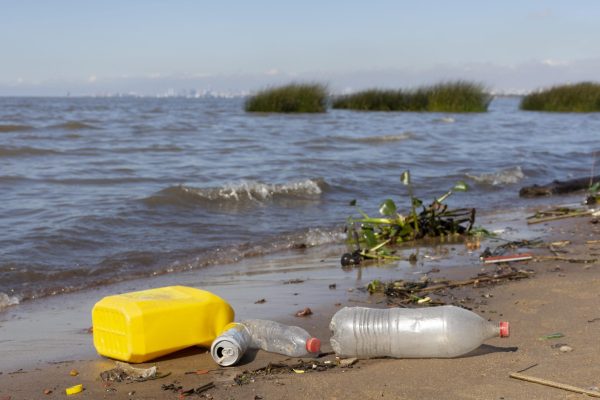
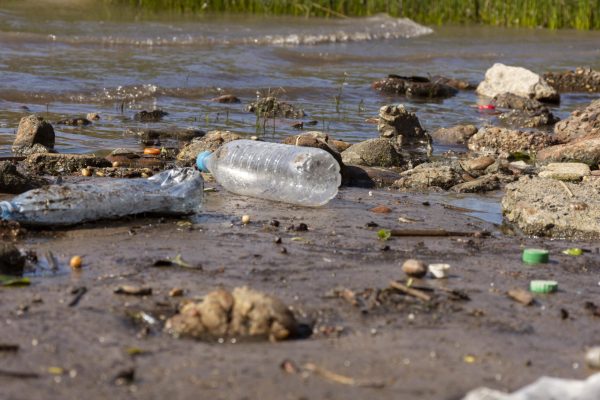
The Impact of Plastic on Marine Life and Sharks
Plastic pollution poses significant threats to sharks, both directly and indirectly. Sharks can become entangled in plastic debris like bags and bottles, impairing their ability to hunt or swim, leading to injury or death. A 2019 study by the University of Cape Town found over 60% of marine species in South Africa had encountered plastic entanglement. Sharks also ingest micro-plastics by consuming smaller fish that have eaten plastic, which introduces harmful toxins into their bodies, affecting reproduction and growth.
Plastic pollution also disrupts the food chain, depleting fish stocks and making it harder for sharks to find food, further endangering their populations.
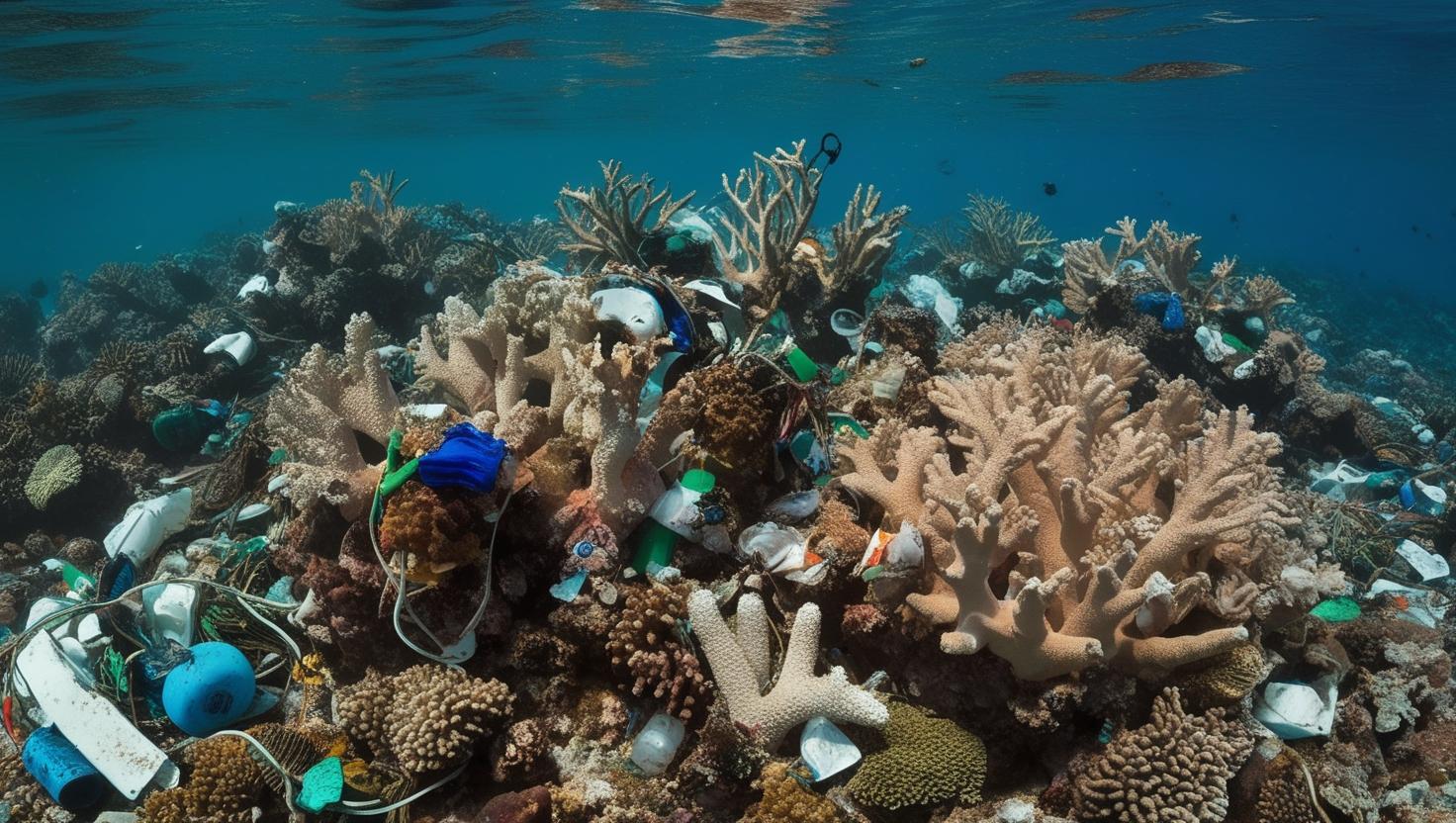
The Ocean’s Health is at Stake
The effects of plastic pollution are not limited to individual species like sharks. The entire marine ecosystem is suffering. Plastic waste harms coral reefs, disrupts coastal habitats, and reduces the overall biodiversity of ocean environments. As plastics degrade, they release toxic chemicals into the water, further polluting the habitat.
The Department of Environmental Affairs (DEA) in South Africa reports that plastic pollution is one of the most significant threats to marine biodiversity in the country. In addition to its physical impacts on marine life, plastic pollution also hinders the ocean’s ability to sequester carbon, contributing to the acceleration of climate change. The loss of biodiversity, compounded by pollution, weakens the ocean’s natural resilience to these global challenges.
Sharks are not only vital to the health of South Africa’s oceans, but they also play an essential role in maintaining the balance of marine ecosystems. Protecting them from plastic pollution is crucial for ensuring the sustainability of both the sharks and the ocean environment. Conservation organisations, such as Shark Spotters, Save Our Seas Foundation and Apex Shark Expeditions, are actively working to protect shark populations, while also advocating for more sustainable practices that reduce plastic waste in the ocean.
Apex Shark Expeditions provides the best shark cage diving in Gansbaai and Cape Town. We also look at Cape Towns great white shark history.

